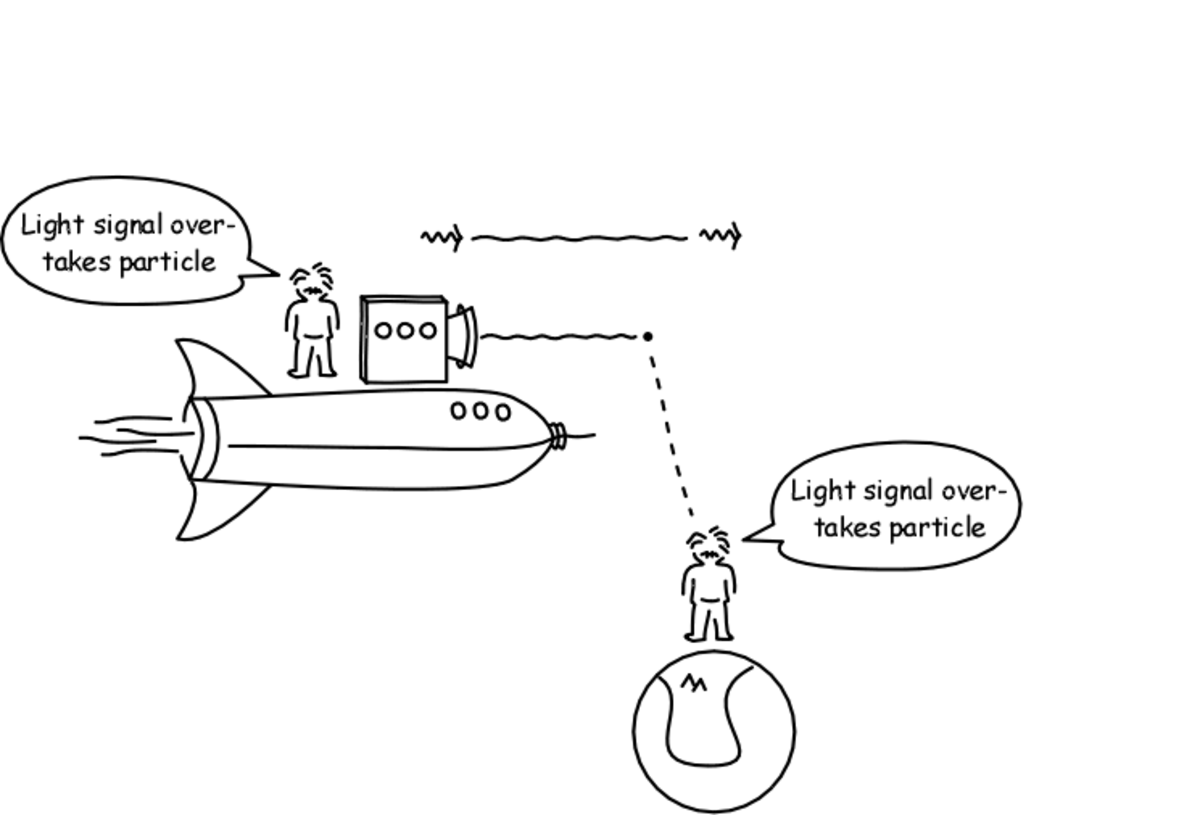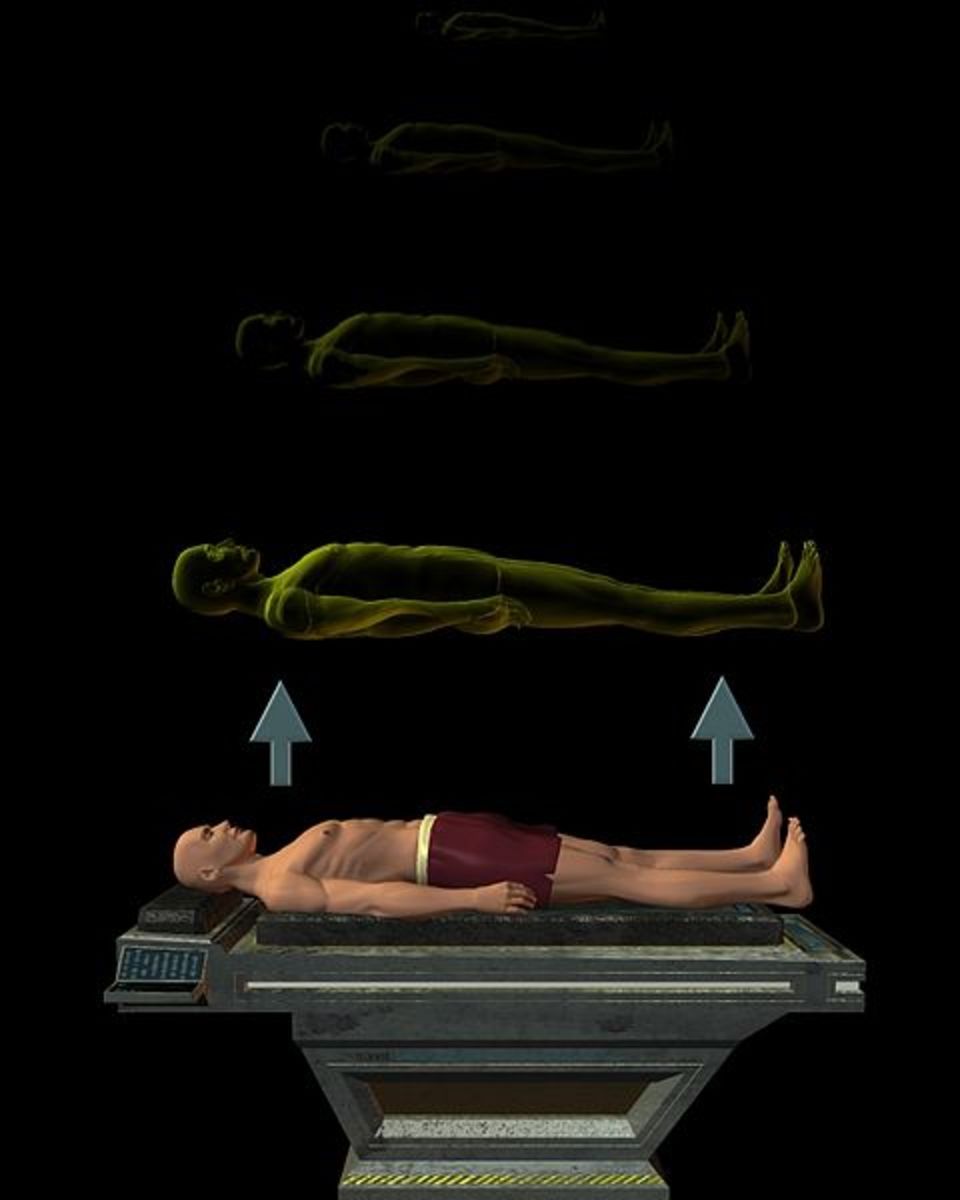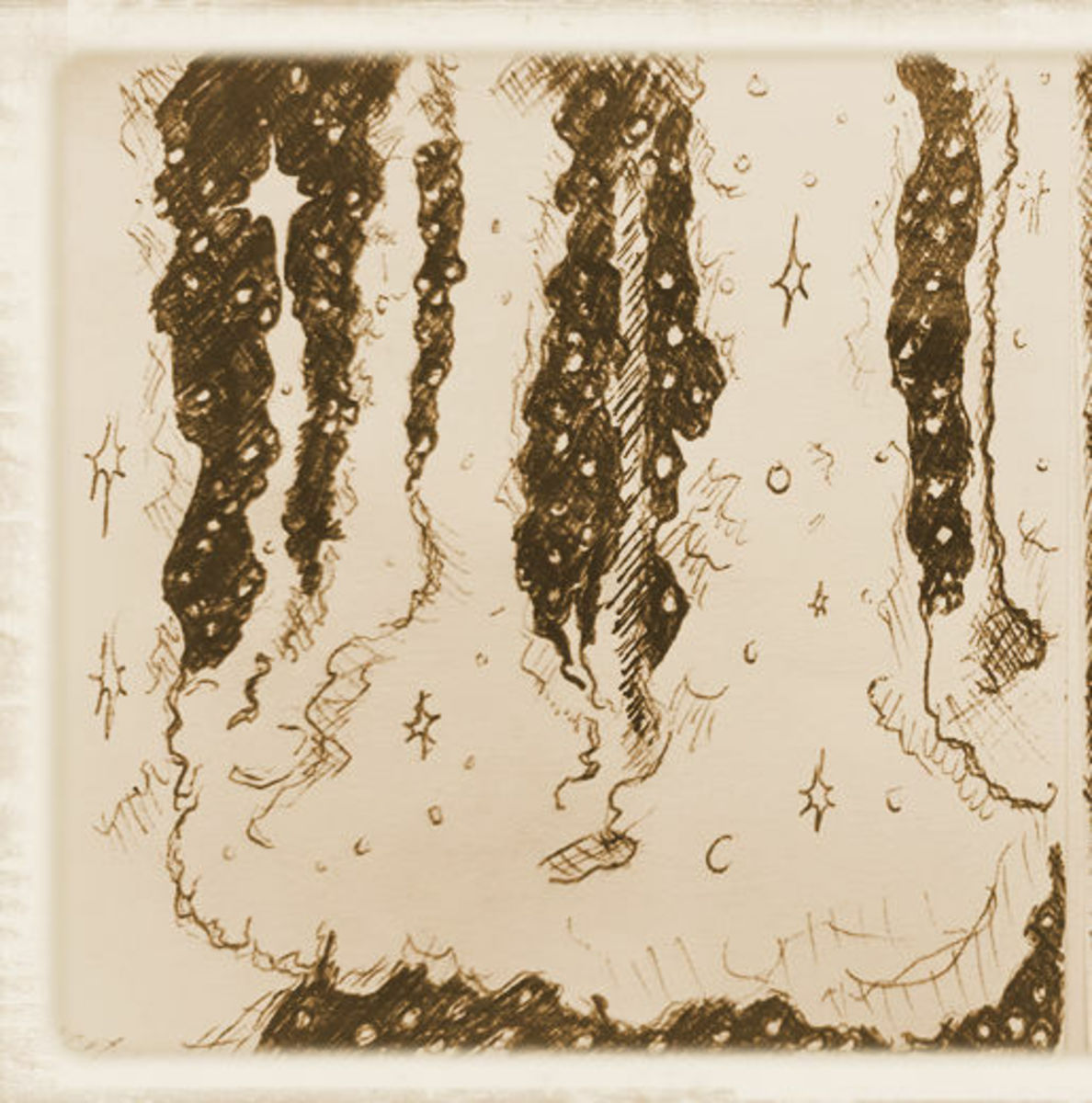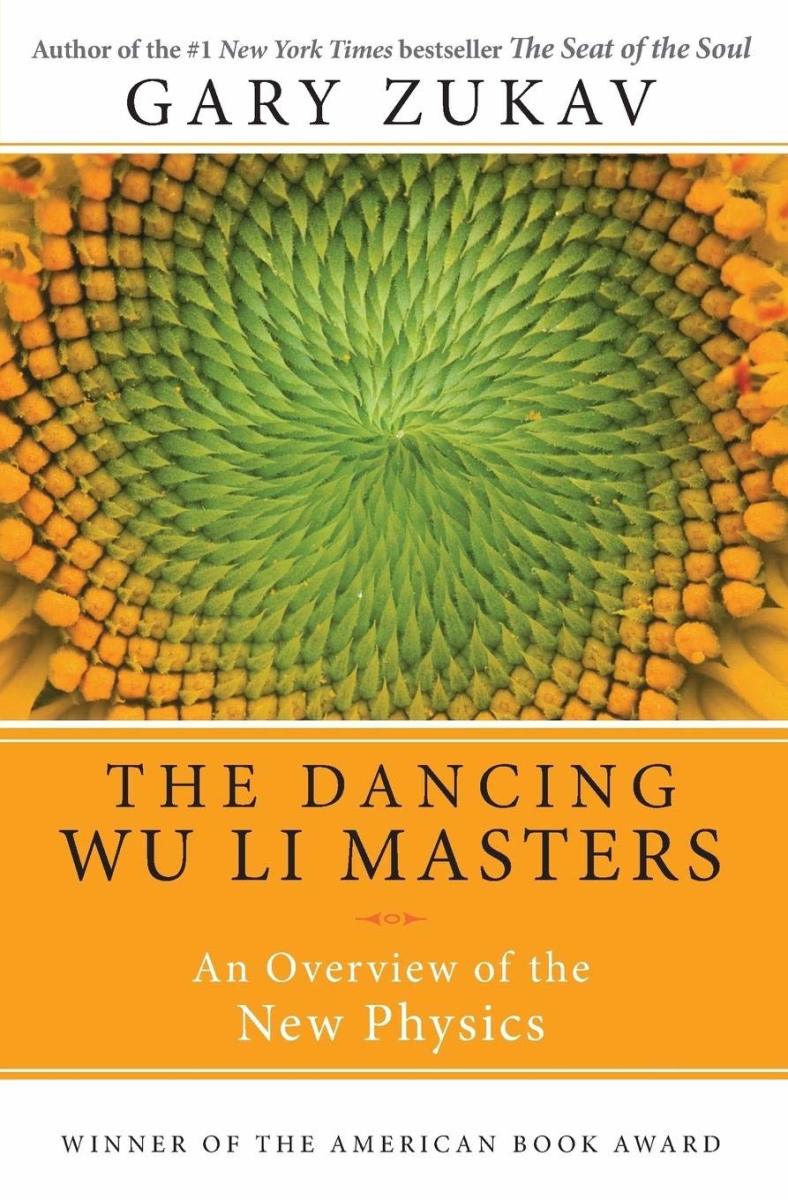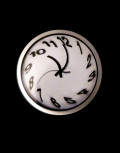Debate on relativity of societal claims vs. reality.

What You Don’t Know Is Bigger Than You.
People often use the bible to disclaim the existing of God by pointing out all the flaws in it when in fact the bible was written by men. Those people are not disclaiming God existent; they’re disclaiming men’s idea of God. Spirituality exists, and it’s real. What We Don’t Know Is Bigger Than us. No one can disprove an idea that does not fallow the laws of logic for the reason being that the idea itself was not meant to be understood logically. Spirituality is not a theory, it’s a belief, you can either accept it or don’t.
I believe that there are more dimensions than three and until men have the ability to explore those dimensions, they will always question the existent of God.
We live in a world of appearances created by the human mind and what we interpret as truth, is all part of the belief system that the human mind has created. Sometime a person mind can be so full with false knowledge that it becomes blurry, confuse with imaginations that leads to no where. I am a metaphysical minor and I search for spiritual gold in consciousness, using a laser beam of thought I search. I search in plain sight without the walls of religions. This is just a metaphor design to point out that a person doesn’t have to go to Church for him/her to have faith in God.

A reply from Tom is as fallow: Thanks for breezing by, Cool!
There are probably eleven dimensions, but people tend to think of the world in
only three. A fourth dimension that is within the grasp of common people is the
dimension of time. For us to see something, it must have height, width, and
depth, and it must exist presently. The trees that once stood where your house
now stands have three of the dimensions, but lack the dimension of time.
Likewise, the trees that will one day stand where your house now stands also
lack the dimension of time.
A fifth dimension is one of light. It must be visible during the negative cycle of light particles. If something has height, width, and depth, but those measurements are less than zero, we will not be able to see it. Eyes filter reality, as do all our senses.
Thanks for your reply Tom. Your insight is greatly appreciated. What you have described above is real and certainly cannot be understood by most. You’ve made an excellent point and perhaps because of your expertise on the subject, you’re able to derive to these conclusions. But for someone like myself who is not an expert at anything, my only tool is my sixth sense and my gifted ability to reason. This is why I have said in the past that everyone has three eyes. Two of which are the material sense of the person, and the other is their mind’s eye.
I feel there is too much seeing through the physical ones and not enough through the internal. There will never be complete communication and understanding between people of this world & the spiritual one until we start increasing the vision of our internal eye. Our inner eye will give us more “truth” than our outer eyes. As you have described “in order for us to see something, it must have height, width, and depth, and it must exist presently”. Many people are mistakenly using the external vision to give them the reality of everything when in fact they have neglected the fourth and fifth dimension. As you have eloquently described “The trees that once stood where my house now stands have three of the dimensions, but lack the dimension of time”.
This is why I said until human beings can explore those
dimensions, they will forever debating the existent of God. We live in a world
of appearances, but the three dimensions that are seeing through the physical eyes
are only a small percentage of what reality is, like the iceberg of which only
ten percent is above the water, and ninety percent is not to be seeing.
Therefore it is with our inner eye, that we comprehend the truth and it is with
it that we can explore the fourth and fifth dimension.
Another metaphor implies that human beings have wings, which they know nothing
about. These wings are mental and are made of thought and can take a person to
mental heights they never thought they could reach. By using these wings they
can fly higher than the eagle. I only hope that many more can join us and
flight.
The fifth dimension is even more mind bugling because it is precisely those
attributes that have prevented men from understanding spirituality. People seem
to think just because they cannot physically feel, touch or see something with
their naked eye, it does not exist. Even the smallest molecule observed under a
microscope has been proven to bounce against useable atoms which cannot be
located under the microscope. But with the sixth sense, you can sense things
that are not seeable with the naked eye. Although you can’t explain it, doesn’t
mean it does not exist.
Our visions are the palettes upon which our senses paint pictures for us.
Another reply from Tom is as follow: The best quote I have
read about what you describe as "the third eye" comes from Jonathan
Swift: "Vision is the art of seeing what is invisible to others."
Our visions are the palettes upon which our senses paint pictures for us. Most
people limit their pictures to five senses. You have wisely chosen to use a
sixth. However, you did not say whether the sixth is intuition, imagination, or
calculation. You can easily go beyond six, and maybe already have without
realizing it.
Some people say "seeing is believing." Fewer understand that "believing is seeing." Those are our artists and inventors.


In regard to Tom reply, I think it’s all of the above because all that you have
mentioned, I have applied. For example, your eye is the tunnel which helps you
understand the truth about the paper being on the table. To know the truth you
must understand that the table is composed of the smallest invisible particle
of matter when bounded together create a density that can hold the paper. We
take it for granted because we're brought up with the understanding that wood
is solid, although we don't know why but we know it can hold paper. The
truth has always relied on prior knowledge; maybe it is that prior knowledge
about intuition that is missing which has prevented us from understanding it.
Likewise, as I have stated in the past our judgments are base on information, and
since our judgments are base on information gathered, it tends to depend on our
perceptions to interpret the information. As we acquire new information on an
object, our perception of the object changes and subsequently changes how we
judge the object. And since our judgments tend to depend on our ability to
think and feel, we prefer to look for details and facts. Sometime what one
perceived for being a fact, may not necessarily be fact. In this case the
person's judgment is offset by his or her perception.
Another reply from Tom is as follow: We take much for granted without truly knowing. However, the more we learn, the more we know how little we truly know. The wiser we become, the less certain we can be about how things really work. So therefore, it really boils down to a residue of faith. However, if our faiths are faulty, does it change truth? I believe that which is true is true regardless of one's faith. Faith does not change truth; it changes only us.
As you have stated, the more we learn, the more we realize how little we
know. Actually that’s exactly what has encouraging me to learn. Whereas
those who think they know enough somehow restrict them from opening their minds
to learn more.
I have never thought of that before “If our faiths are faulty, does it change
truth?” I agree, you right - faith does not change truth but however,
what is true for one may not be true for someone else. Truths are factual
occurrences, which mean they can be proven and calculated but what if the
fundamentals of what constitute a fact is faulty, then it’s no longer a
truth. We have seen this phenomenon in mathematical theories. Wigner's works have proven some mathematical
theory like the law of gravitation and Maxwell’s equations which were accepted
as faulty truths. Wigner's work came alone and makes some adjustments.
Therefore, we can say what is factual is what most accept as being true,
but no one can say that the possibility for another person with a totally
different thinking pattern can’t prove this fact to be faulty. So what is true
is relative to society in which it belongs. Whereas faith is not back by fact
it relates more with intuition. Faith and intuition are both part of the fourth
and fifth dimension you have described above. However, a person who has
faith in the third dimension is looking to reach out in other dimensions for
unexplainable results. Since results from other dimensions are not yet
understood by the human mind, they are referred as miracles.


What is true for one may not be true for someone else
I apologize for not replying sooner. I needed to think about a couple of the things you said.
"What is true for one may not be true for someone else" is a statement I agree with, but I was not so sure about "truth is a factual occurrence which means it can be proven and calculated." The first statement deals with relativity factors. One person may be able to cross a river without a boat, even though someone else may not be able to swim. However, taking it to a level of God's existence, I'm not so sure that God exists for some people but not for others. I also question whether it can be calculated to prove God exists or does not exist.
After a couple of days thinking about it, I’m still not sure, though I suspect that if something can be proven, it is true for all, whether they accept it or not. Some people are certainly more willing to accept new information to adjust their thoughts. However, if Einstein for example, had not accepted Hubble's evidence that the universe is expanding, it does not mean that the universe Einstein described was not expanding. It would, instead, have meant that Einstein preferred his personal prejudice for a stable universe over the truth. Though he may have found comfort in that, it would have stunted his significance in history.
If truth is relative to the society in which it belongs, then was the king wearing clothes or not? Societal truths are, in my opinion, merely choosing popularity over responsibility, or, perhaps, safety over risk.
I never attempt to debate the existent of God on factual occurrence. If I were to try that I would fail and beside, I’m not sure is anyone can. Believing in a God is base on faith not facts. Whereas facts can have variable attributes, faith does not. A person either believes in God or he doesn’t. That is not to say that all facts have variable attributes because two people witnessing an object fall a break is a factual occurrence for both. The only different here is that, depending on which angle they observe this happening, each observer may have different details of the effects.
I think the misunderstanding that we have here, relates to what is factual should remain fact under all circumstances. I think we both agreed on that, my attempt for this conversation is to have you understand that although what is a fact will remain factual indefinitely, gives no merit to those people who believed that this “proven fact” is faulty. The problem here lies within they ignorance. Those having the inability to notice what is factual led them to believed something else that is not factual. So therefore what they worship as being factual is really not but people in that society considered it to be so.
Tom “if Einstein, for example, had not accepted Hubble's evidence that the universe is expanding, it does not mean that the universe Einstein described was not expanding. It would, instead, have meant that Einstein preferred his personal prejudice for a stable universe over the truth.”
Well, if Einstein had not accepted Hubble’s evidence that the universe is expanding, those who believes in Einstein theory would be ignorant of the truth. Einstein explanation would be considered factual to those who believed in it. However, if Hubble’s who’s totally from a different society proves Einstein theory to have had fault, those people in Hubble’s society would adapt to his explanation and therefore believes his theory as factual result. So in this sense, we can say that it is people in a society that can gives value to what is to be considered “truth”.
"Truth is a factual occurrence which means it can be proven and calculated." By that I mean as long as what is considered to be “truth” remain truth to most, it’s a fact, but by no way it means that this fact is true in all society. To say that, is to admit to the fact that all society are capable of examining the attributes that produces a factual result, and we both know that’s not always true.
If I were to witness an apple fall from a tree and claimed it to be a fact, although the probability for this occurrence is plentiful, gives no value to the fact that I just witness an apple fall from the tree, nor does it mean that what I’ve just witness with my own two eyes is not factual. It only mean until people in that society agreed that what I’ve witness is indeed a factual occurrence, it will always seems to be untrue to most people in that society. So yes in that case “truth is relative to the society in which it belongs”. The more educated a society is, the harder it becomes to have them accept a faulty faulty fact.
If truth is relative to the society in which it belongs, then was the king wearing clothes or not? Well, some truths are primitive, so basis that they’re apparent to all society. Perhaps what I should have said was “Some truths are relative to the society in which it belongs” I think that could have held more value or maybe you can prove that one wrong too, which would be find because then, I would have learn something.


There can be many factors that change the reality on an individual basis, but all it takes is for one person to prove that it can be done for it to be proven as
I didn't mean to insinuate that you were arguing about the existence or non-existence of God. I meant only that if God exists, then those who argue against it are incorrect rather than correct in their own realm. I also do not wish to disprove what you said about the relativity of societal truth. I believe you are correct in that statement, which was the reason for me saying that one person may be able to cross a river whereas another person may not. You are inspiring thought, and for that I thank you.
If you witnessed an apple falling from a tree, but could not convince society that you did not pick the apple, the apple still fell from the tree. Society is simply incorrect, even if they believe you picked the apple from the tree. Something that is untrue is untrue even if it is popular. That is a major shortcoming of democracy: wrong times fifty-one percent does not equal right.
Perhaps rather than considering something like that "truth," it may be better to consider it "reality." Though it may be "true" that the river can be crossed without a boat, it is not "reality" for everyone. There can be many factors that change the reality on an individual basis, but all it takes is for one person to prove that it can be done for it to be proven as truth. Without the proof, though, it was still true, just not proven.
You said "the more educated a society is, the harder it becomes to have them accept a faulty fact." I believe it would be better stated as "the more educated a society is, the harder it becomes to have them accept a fact that is contrary to their education." That coincides better with your previous statement that some people close their minds when they believe they are educated. There is no such thing as a faulty fact. If it is fact, it is not faulty. If it is faulty, it is not fact.
With that, educated people accept that "two plus two equals four." What they may not consider is that "two times two" and "two squared" also "equal four." While it makes no difference when the factor being considered is "two," it means the difference between "five, six, or nine" when the factor considered is "three." By accepting that addition was the function in the equation, they may calculate the fact correctly, but have only a one-in-three chance of being correct. Even if they are correct, it was only by chance and not because of education. They will have substituted vision with education to arrive at a faulty conclusion, or the correct conclusion accidentally.
The faulty fact is a contradiction. You right for correcting me. I realized I made a mistake but didn’t get to correct it on time, but I new for certain that you would not let this slip by without catching it, so in a way I was expecting you to correct it.
Well, I guest you right, perhaps I should consider “reality” instead of “truth”. As you put it, it may be "true" that the river can be crossed without a boat; it is not "reality" for everyone. In another way, although the variables that contribute to a factual event may seem different from individual to individual, still does not change its reality. Although people in a society maybe all confused about a factual even doesn’t mean that the one person who’s not confuse is wrong, it simply mean that those people have the wrong interpretation of what reality is. I think you right, thanks for your understanding.

